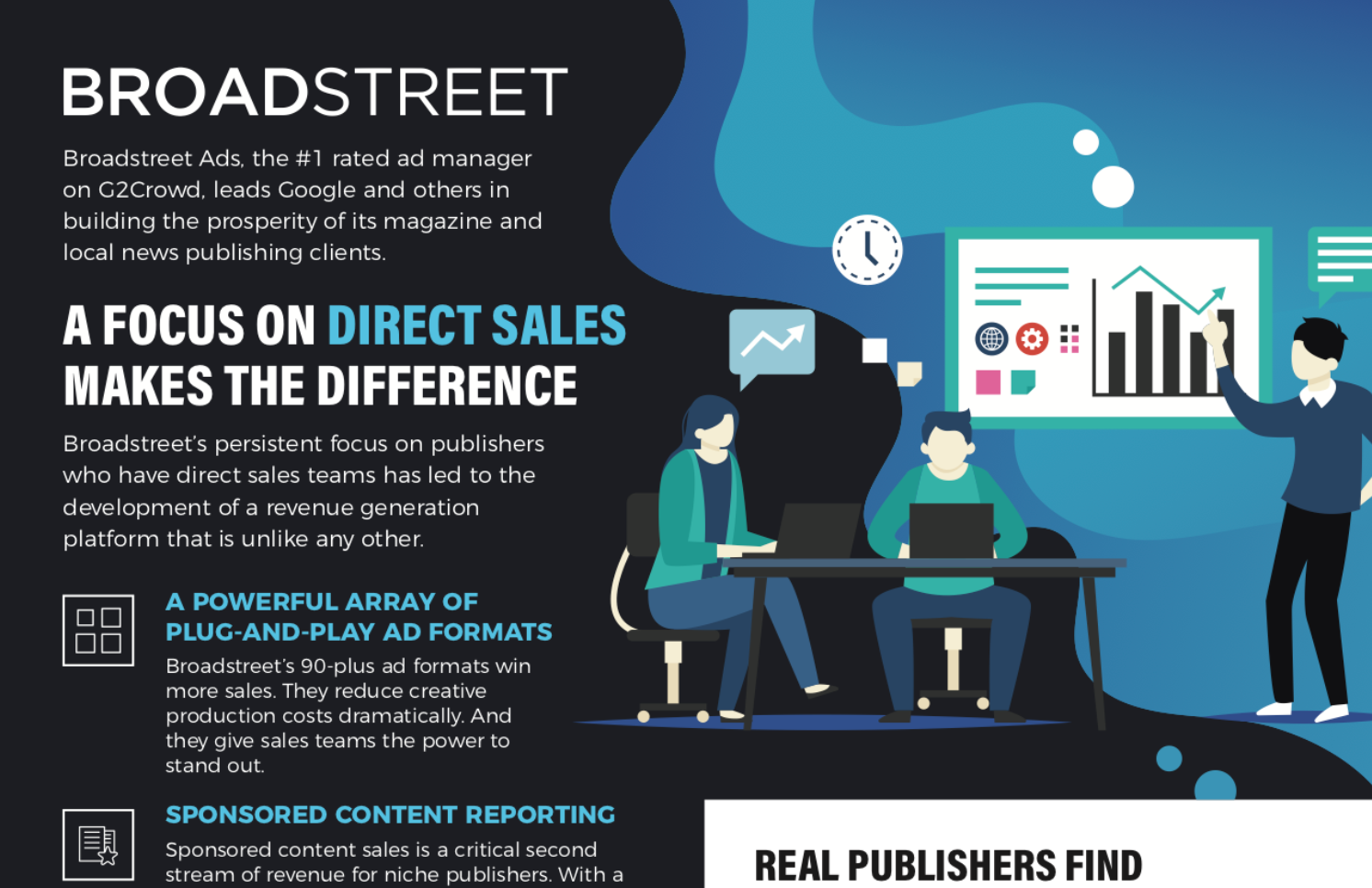The OpenX Disaster Response Team
We’d like to welcome The Batavian, Hoboken411, and Hulafrog to the Broadstreet family.
These folks have a few things in common:
- They came on board in the last month
- They required exceptional and affordable adserving power
- They were unexpectedly forced onto “the street” (pun intended) by the failings of the most famous adserver around: OpenX.
To put it bluntly, we’ve been incredibly busy over the past month cleaning up the wreckage left in the wake of security holes in both OpenX OnRamp, and the free, self-hosted version of the OpenX adserver.
We’ve gotten really good at migrating users off of OpenX and on to Broadstreet. You might even consider us to be the OpenX Disaster Response Team, as we’ve jokingly referred to ourselves.
With their self-hosted OpenX installation hacked, upgraded, and re-hacked, The Batavian was forced to shutdown its adserver and offer explanations to advertisers while they hurried to fix the situation.
Normally, migrating to a new adserver can be a long and tedious process. It may mean creating and uploading all of the existing advertiser, campaign, and banner data. If you’ve been in business for a while, that might mean recreating hundreds of new records in your new adserver of choice.
Google DFP was an option for The Batavian, but there were several drawbacks:
- A long and difficult migration process
- A complicated interface notoriously ill-suited for non-national publishers
- The looming threat of crossing an impression boundary that would effectively make The Batavian an “Enterprise” customer at a staggering cost
At Broadstreet, we’ve streamlined the migration process with a set of scripts that pull and re-format your existing data, and import it into our adserver. Those tools are what allowed us to move The Batavian onto our adserver overnight.
Our process looks like this:
- Import as much data as possible from OpenX
- Reformat it into something consumable by our adserver
- Scan the data for inconsistencies
- Import the data into Broadstreet
- Send the publisher links to the new ad tags to place on their site
Our interface, while much different than OpenX’s, has repeatedly been commended by customers for its ease of use.
And lastly, we do charge a price for our adserver — but we’ve gone to great lengths to make sure you are paying an affordable and sustainable amount by optimizing our architecture to minimize inefficiency.
If you’re sitting on the unstable mess that is OpenX, we encourage you to send us an email, and tell us if and when you’d like to make a switch.
OpenX and Google DFP have long offered free adserving up to nearly 100 million impressions per month. In our opinion, this approach is unsustainable. As OpenX’s popularity grew, they became handcuffed to supporting a platform that didn’t yield revenue for what was probably its largest base of users — those serving under 100 million ads per month.
In reality, adserving is a fairly expensive thing to do. An adserver is potentially required to respond to tens of thousands of requests per second. And those requests usually result in the serving of heavy images. Bandwidth bills quickly accumulate.
What do you get when you give away a product at great expense? A non-supported and exploited mess, e.g., OpenX. Who could be surprised at the decision to abruptly terminate the OnRamp service?
When we were first starting out, we used to hear things like: “Well, you guys are a startup. How do I know you’ll be around in the next year?”
The implication was that OpenX and DFP were well-funded and well-known, and would therefore be around longer than Broadstreet.
So far, that hasn’t proven to be true. By pricing our products fairly and in a way that supports our own operations, we’ve been able to:
- Support our products
- Serve with better performance than every competitor, according to our internal benchmarks.
- Plan out a 5 and 10-year roadmap
Additionally, we:
- Do not allow untrusted 3rd-parties to advertise across our platform, which led to the security issues OpenX had
- Offer SSL encryption over API and dashboard requests
- Maintain a highly secure server infrastructure
- Offer a hosted platform, which means you always have the latest security updates
It was planned that way from the start. Broadstreet is backed by the experience of former lead engineers from Yahoo’s Ad Exchange and AOL’s Patch. We’ll be around for a long time.
Are you tired of OpenX’s speed issues, cache delays or constant threat of exploits? Give us a shout! We’ll help you aboard Broadstreet, the best choice for independent publishers.


